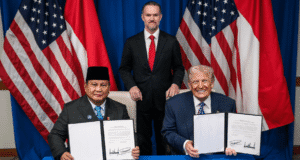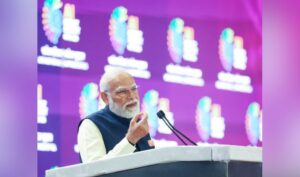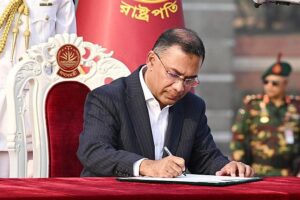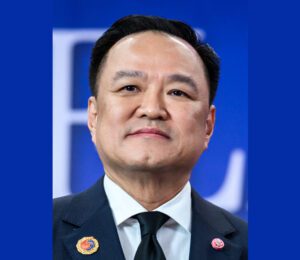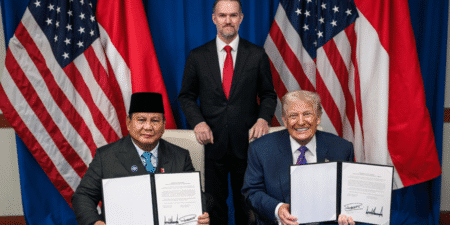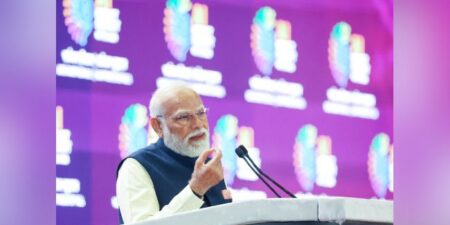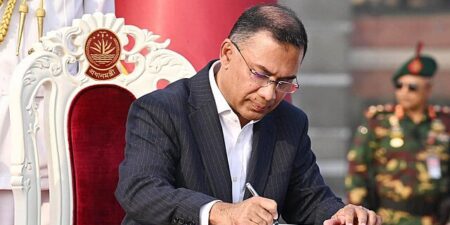
India’s Tech Sector at a Crossroads: Strategic Implications of US H-1B Visa Executive Order
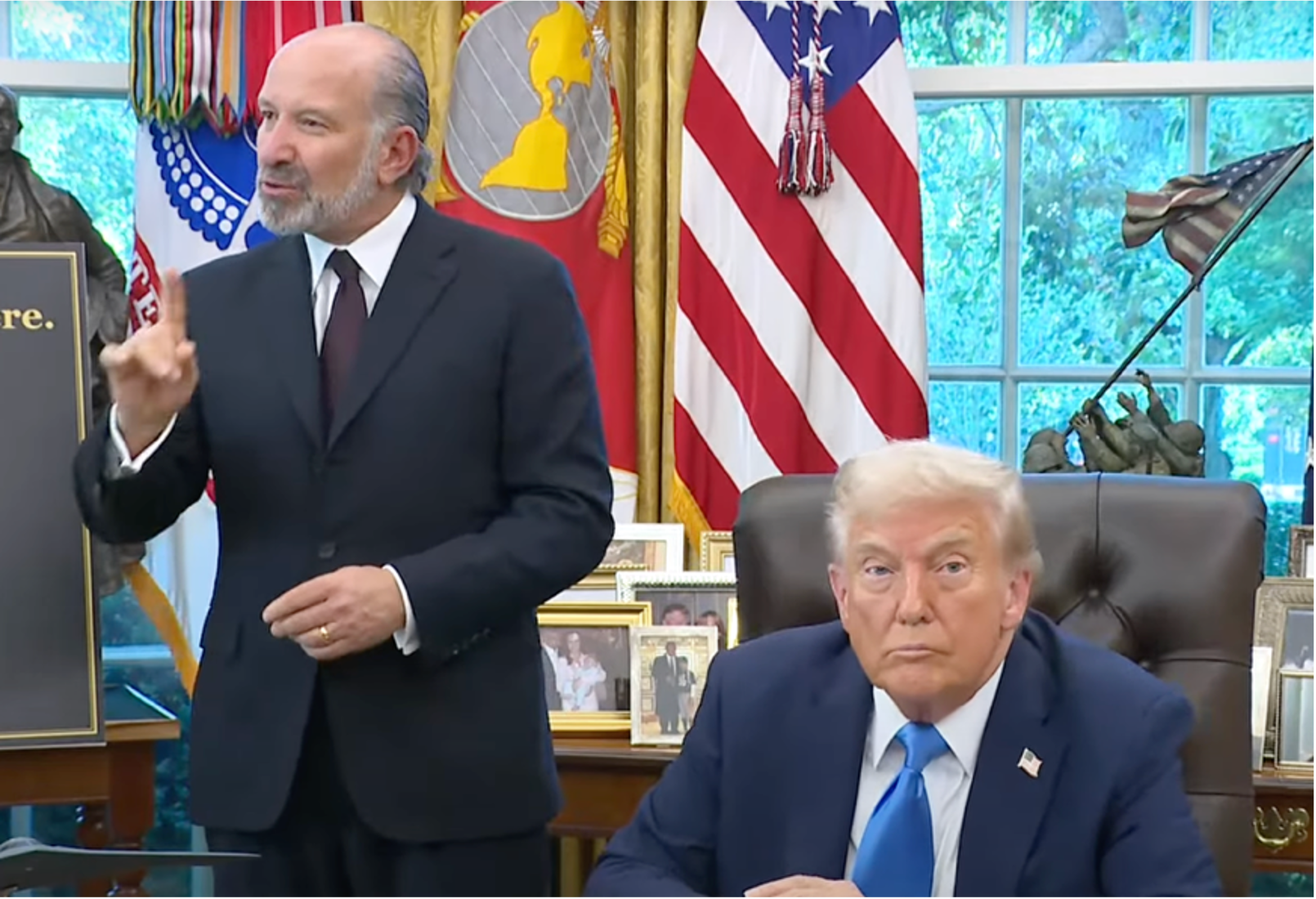
The BGA India team, led by Managing Director Anuj Gupta, wrote an update to clients regarding the new H1-B visa policy by the Trump administration and its impact on India.
Context
- U.S. President Donald Trump signed an executive order September 19 introducing a one-time $100,000 fee for companies sponsoring H-1B visas, nonimmigrant permits that allow companies to temporarily employ foreign workers with specialty skills in the United States. This directive, effective September 21, applies to all filings for the upcoming H-1B lottery cycle and places the financial responsibility solely on sponsoring companies. The proclamation created significant confusion and market anxiety, triggered by immediate concern among employers, immigration attorneys and foreign workers, particularly in the technology sector. The administration allayed concerns somewhat with its subsequent clarification that the $100,000 fee will be charged one time for new applications only and that H-1B holders will have the same travel rules as before.
- India accounts for about 70 percent of H-1B visas and is expected to be disproportionately affected by the executive order. Prominent Indian information technology (IT) firms such as Tata Consultancy Services, Infosys and Wipro are among the largest filers, alongside major U.S. corporations including Amazon, Google, Meta, Microsoft, Apple and Walmart, which rely heavily on skilled foreign talent.
Significance
- The proclamation singles out IT outsourcing companies, noting that their share of workers in the H-1B program has grown from 32 percent in 2003 to more than 65 percent in the last five years. Even though financial and consulting services also have a good share of H-1B filings, the proclamation aims to hire American workers across entry-level and other IT roles instead of foreign workers. The order also notes that foreign workers are hired at about 36 percent discount in salaries through IT outsourcing, providing significant savings for American companies.
- The increase in American hires for roles such as software developers, programmers and IT project managers will likely be limited due to labor shortages and cost differentials. At the same time, the executive order could especially impact mid-sized American and Indian IT companies that do not have the margins to pay higher salaries.
Implications
- The executive order could accelerate a trend among major multinational corporations to “in-source” by establishing offshore global capability centers for core functions — including research and development — particularly when hiring domestic talent in the United States proves costly or challenging. The policy may catalyze growth in India’s domestic tech ecosystem, particularly in sectors such as AI, deep tech, advanced computing, fintech, digital payments, biotechnology and precision medicine. The expansion of global capability centers and startups in these domains could position India as a strategic hub for global innovation and talent development.
- This shift could adversely affect the inflow of international students to the United States and create further uncertainty in the Indian IT sector, which is already experiencing workforce reductions due to AI-driven automation. Companies may also consider relocating operations to Canada or Mexico to maintain proximity to U.S. time zones while avoiding high visa costs. Simultaneously, China’s introduction of the K visa for highly skilled science, technology, engineering and mathematics professionals may attract displaced global talent.
We will continue to keep you updated on developments. If you have any comments or questions, please contact BGA India Managing Director Anuj Gupta at agupta@bowergroupasia.com.
Best regards,
BGA India Team

Anuj Gupta
Managing Director
Anuj is a distinguished policy leader and strategist who has played a catalytic role across India’s government and private sector, guiding stakeholders through the country’s complex and evolving policy and investment landscape. As BGA’s India practice leader, he helps clients leverage the country’s rapid economic growth to advance their goals and strategies. Anuj previously led public policy efforts for the Tata Group, India’s largest business conglomerate, where he advised more than 30 group companies on policy affairs strategy. His interventions directly influenced high-stakes outcomes across diverse sectors, including technology, finance and manufacturing. Anuj spent a decade in the Indian and Abu Dhabi governments, where he ... Read More
×

















